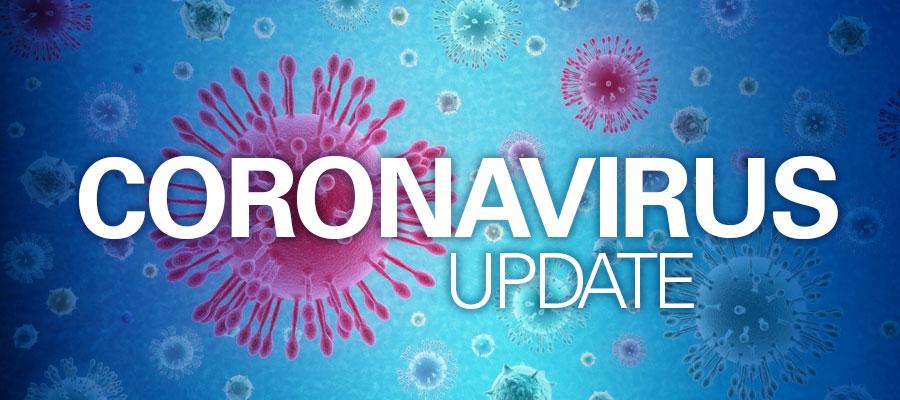Study: First wave of COVID-19 increased heart attack, stroke risk up to 3 years later

The National Institutes of Health Oct. 10 released results of a study that found that infection from COVID-19 in the first wave of the pandemic appeared to significantly increase the risk of heart attack, stroke and death for up to three years for unvaccinated individuals. When infected, those individuals had double the risk for cardiovascular events, and people with severe cases had nearly four times the risk. The study also is the first to show that increased risk of heart attack and stroke in people with severe COVID-19 may have a genetic component involving blood type. It is unclear if the risk of cardiovascular disease is or may be persistent for people who have had severe COVID-19 from 2021 to the present, NIH said.
Related News Articles
Headline
The Department of Health and Human Services Dec. 10 amended the Public Readiness and Emergency Preparedness Act declaration for COVID-19, extending liability…
Headline
AHA's latest social media toolkit for encouraging vaccination against the flu and COVID-19 provides fall-themed social media posts and graphics. Download the…
Headline
The Centers for Disease Control and Prevention last week endorsed a recommendation for people aged 65 and older and for immunocompromised individuals to…
Headline
The Centers for Medicare & Medicaid Services Oct. 22 released final guidance detailing reporting requirements for the hospital respiratory data condition…
Headline
The Centers for Disease Control and Prevention is reminding clinicians and other health care workers to take necessary steps to keep themselves and their…
Chairperson's File
Autumn is here, and that means cooler weather and also the start of flu season.We know the best way to prevent influenza is to get a flu vaccine. The Centers…
